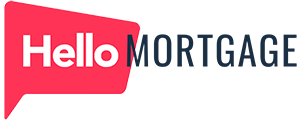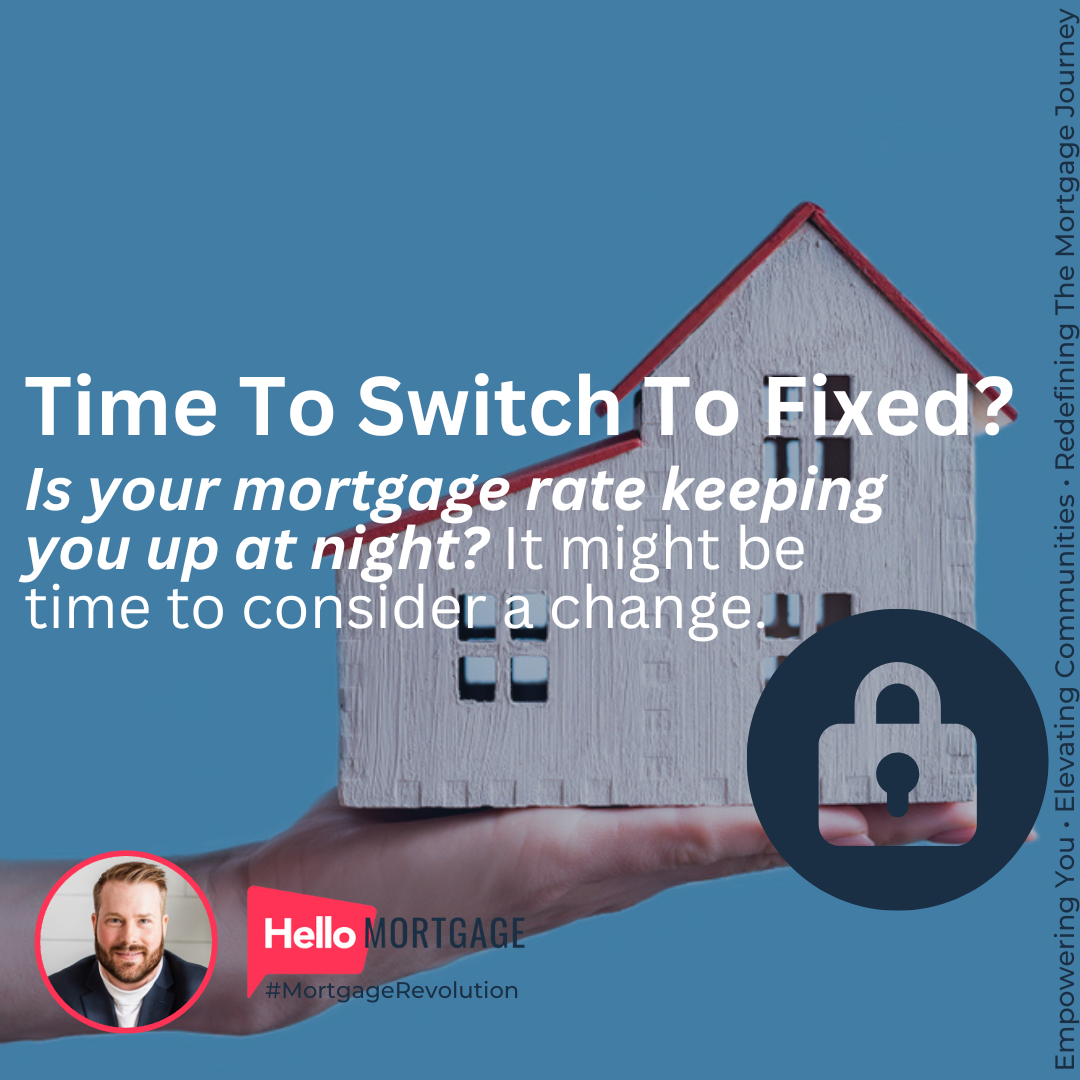Mortgage & Wealth Strategies
Say Hello To The Easiest Way To Mortgage
.png)
Beyond The Rate
As expert mortgage brokers, we know building wealth through homeownership and achieving financial freedom is about more than just chasing the lowest rate—it’s about strategy.
We're taking you behind the scenes and giving you the insider tools and powerful strategies to get ahead. If you’re a first-time homebuyer, you’ll find everything you need to secure your first property and start building wealth from day one.
If you’re an existing homeowner, this is where you take control. Maximize the wealth-building potential of your current home with proven strategies for refinancing, leveraging equity, and optimizing your mortgage for bigger opportunities.
Your mortgage is more than a loan—it’s a gateway to long-term financial success.
Our goal is simple: to equip you with the knowledge and tools to make smart, strategic decisions that will transform your financial future.
Let’s get started.
Time to Switch from a Variable-Rate to a Fixed-Rate Mortgage?
June 12, 2023 | Posted by: Matt Broom-Hall
The financial world has been shaken up recently with a rapid climb in interest rates. The Bank of Canada has seen an unparalleled nine increases between March 2022 and June 2023, pushing the standard borrowing cost to 4.75% - a staggering 4.5% more than during the pandemic years. Back then, the aim was to safeguard the economy, and the rates had been reduced to an all-time low of 0.25%.
This surge has pushed the Prime rate, utilized by lenders to price their variable-rate borrowing products, to an almost unprecedented 6.95%. As a consequence, the lowest five-year variable mortgage rate has leaped to 5.8%, a sharp contrast to the paltry 0.89% from 2021. The present lowest variable mortgage rate surpasses the lowest fixed-rate option - a strange occurrence, as variable rates are typically more affordable. With inflation persistently high - the chief factor for the Bank of Canada's rate increases - it's doubtful rates will revisit the pandemic-era lows anytime soon.
These circumstances have led mortgage borrowers to face a strikingly different interest rate landscape than in past decades. Variable-rate holders are left questioning whether it's the right time to transition to a fixed-rate mortgage.
Let's dig deeper into the differences between a variable-rate and a fixed-rate mortgage and the implications of making the switch.
Understanding Variable-Rate and Fixed-Rate Mortgages
When you obtain a mortgage, you have a choice to pick between a fixed and a variable mortgage rate.
In the case of a fixed-rate mortgage, your interest rate is set in stone for the entire mortgage term. Although typically higher at the start, the rate is guaranteed to remain unchanged, providing payment consistency throughout the term.
In contrast, a variable-rate mortgage has an interest rate that can fluctuate during the mortgage term. Your mortgage rate modifies in sync with the lender's prime rate changes, which could mean revised payments or a different allocation between interest and principal payments.
Reasons for Considering a Switch to Fixed-Rate Mortgage
Interest rates have escalated more rapidly in the past 20 months than they have in the last two decades. As a variable-rate mortgage holder, your current rate is 390 basis points (bps) higher than the previous year. That translates into an extra $3,900 per year for every $100,000 you've borrowed.
Market experts speculate a possible further 25 basis points increase by 2023-end. With a mortgage balance of $500,000, you might end up spending $145 per month more on interest by December 2023 than in May, and a stunning $1,202 more than in January 2022.
As a result, the demand for variable-rate mortgages has dramatically dropped in 2023. A recent Ratehub.ca study reveals that inquiries for variable rates constituted only 5% of total user submissions in the first five months of the year, a significant decrease from the 26% in 2022.
One way to curb this rising expense is to switch from a variable-rate mortgage to a fixed-rate mortgage, locking in an interest rate that remains constant throughout the term. The most popular term length is typically five years.
Contemplating the Switch? Here are Your Options
Should you be concerned about rising interest rates, you have three alternatives when it comes to your mortgage. You can convert your current mortgage from variable to fixed, refinance your mortgage to suit your requirements, or persist with your existing mortgage. Each option carries its own advantages and drawbacks, and the ideal choice depends on your circumstances.
1. Converting from Variable to Fixed
Most lenders will allow you to switch your variable-rate mortgage to a fixed-rate mortgage during the term (at no charge). However, it's crucial to bear in mind that you will usually be required to lock into a fixed rate for the rest of your term with that specific lender. For example, if you are two years into a five-year term, you would lock into a fixed rate for the remaining three years.
Another important point is that you'll usually have to accept the current fixed-rate offered by your lender, which might not be the most competitive one available in the market. Before proceeding with this option, ensure to calculate the potential cost implications over the remainder of your term.
2. Refinancing Your Mortgage
Refinancing your mortgage could give you access to lower rates available from different lenders. However, this option could involve a prepayment penalty for breaking your current mortgage term early. If you have built up enough equity, you may be able to re-amortize the loan to 30 years to help lower the impact of monthly mortgage payments.
Keep in mind, refinancing doesn't only mean changing interest rates or terms. You might also use this opportunity to access the equity in your home for other financial objectives, such as home renovations, debt consolidation, or investment opportunities.
Ensure to weigh the benefits of potential lower payments against the costs of refinancing, such as legal fees, appraisal fees, and penalties. Working with a mortgage broker can help you navigate this process and find the most beneficial solution for your situation.
3. Sticking with Your Variable-Rate Mortgage
Despite the recent rate hikes, you might decide to stay with your variable-rate mortgage. After all, interest rates are dynamic and could drop again in the future.
Even if the rates rise a bit more before they begin to drop, the average rate you pay over your term could still be lower than today's fixed rates, especially if your lender has a fair policy for allocating rate changes between your mortgage payments and the amortization period.
The Bottom Line
Switching from a variable-rate to a fixed-rate mortgage is a significant decision. Consider your personal circumstances, risk tolerance, and future financial plans before making a move. Always consult with a mortgage expert, such as myself to ensure you are making the best decision for your situation. Your home is likely the biggest investment you'll ever make, so be sure to take the time to make the right choice.
If you feel that the time is right to make the change, or you have questions, feel free to click the link below to book a call.
I'm here to help. A quick 15-minute call could save you thousands! Click Here to Book A Call.
Compare different rates and scenarios side-by-side to see your different mortgage options. Click Here to Download our App.
Matt Broom-Hall
Your Mortgage Pathfinder & Change Maker


